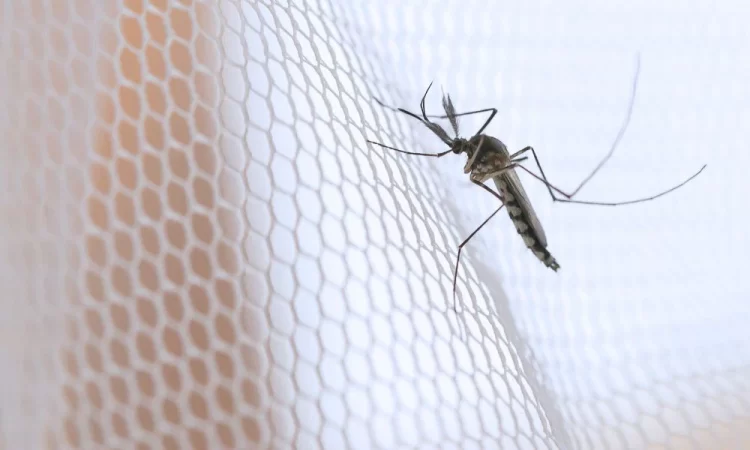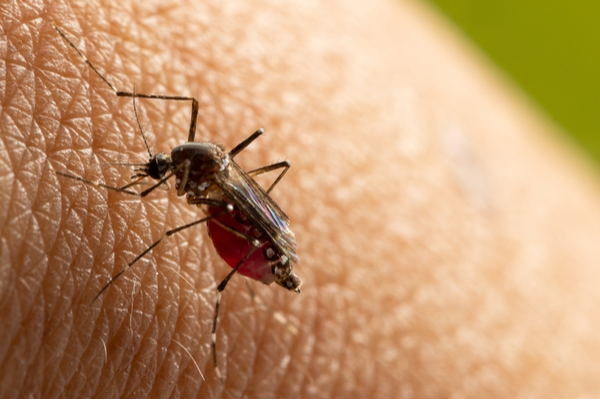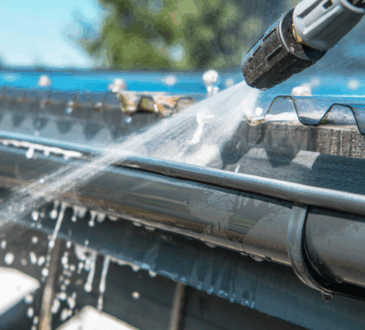
Humans can get many different kinds of illnesses from mosquitoes. They rank among the most common pests in the entire globe. When it comes to mosquito infestations, Florida is hardly an exception. When provided with favorable conditions, such as water and warm surroundings, mosquitoes can grow quickly.
You have to keep your home and its surroundings clean as a result. It is well known that female mosquitoes feast on human blood. Although they are so little, mosquitoes can spread illnesses that worsen if treatment is delayed. Next time you see a mosquito flying around you, instead of offering them Pringles, call for Winter Garden Pest Control to get rid of them quickly.
What Diseases Can They Cause?
Among the frequent illnesses carried by female mosquitoes are dengue fever and malaria, among others. In Florida, managing a mosquito infestation can be challenging. This is due to the fact that they are typically seen in big numbers rather than individual mosquitoes. Even if there are a variety of controlling techniques, it is best to use pest control services to get rid of them if none of them work.
Why Does Integrated Mosquito Management Come Into Play?
You might have heard of IMM (Integrated Mosquito Management), which is often used to combat mosquitoes that have the potential to carry disease. Now if you think you are the only one with immunity, you might be wrong. Insecticide resistance can develop in mosquitoes if the chemicals are applied over a longer period.
In these situations, using pesticides to kill mosquitoes becomes difficult. Several initiatives should include insecticide resistance management in order to stop the mosquito population from developing an immunity to pesticides.
It is also very important to know if the mosquitoes have developed resistance. The goal is to determine whether or not they have become resistant to pesticides so that appropriate solutions may be created. There are several possible causes of pesticide resistance.

How to Stop Mosquito Breeding?
- Eliminate standing water
- Maintain swimming pools
- Clean gutters
- Change water regularly
- Use mosquito dunks
- Fill in low areas
- Maintain landscaping
- Cover rain barrels
- Treat ponds
- Inspect and repair
What Should be Done When The Mosquitoes Are Increasing Even After Treatments?
Specialists might increase a product’s concentration when they see resistance to a certain kind of substance. They may also go down based on what they see. In certain situations, they could even need to develop a whole new product.
In the end, fighting mosquito resistance will be possible with integrated mosquito management, or IMM. Other methods exist for managing mosquito populations at their breeding grounds. Mosquitoes require standing water to reproduce, so that might be the starting point from where things will be controlled.
What Can be Done Next?
Regular Observations
Regular observation could help in locating mosquito-heavy locations. By doing this, professionals can eliminate standing water sources from a variety of locations, reducing the likelihood of more mosquito infestation. Everyone knows a few hotspots in their areas from where there is a possibility of breeding.
Educating People
Educating people about mosquito infestations can be a very successful strategy. It is important to note that a single female mosquito can lay anywhere from 200 to 300 eggs at a time. They can even lay eggs using a small bottle cap. The majority of people are not aware of this, and instead of removing infestations, people can be educated, and infestations can be stopped from day 1.
Contacting Professionals
When things get too much for you to manage, it is always preferable to get in touch with an expert. Professionals have been handling pests like mosquitoes for years. So, get in touch with pest control services to rid your house of mosquitoes.




